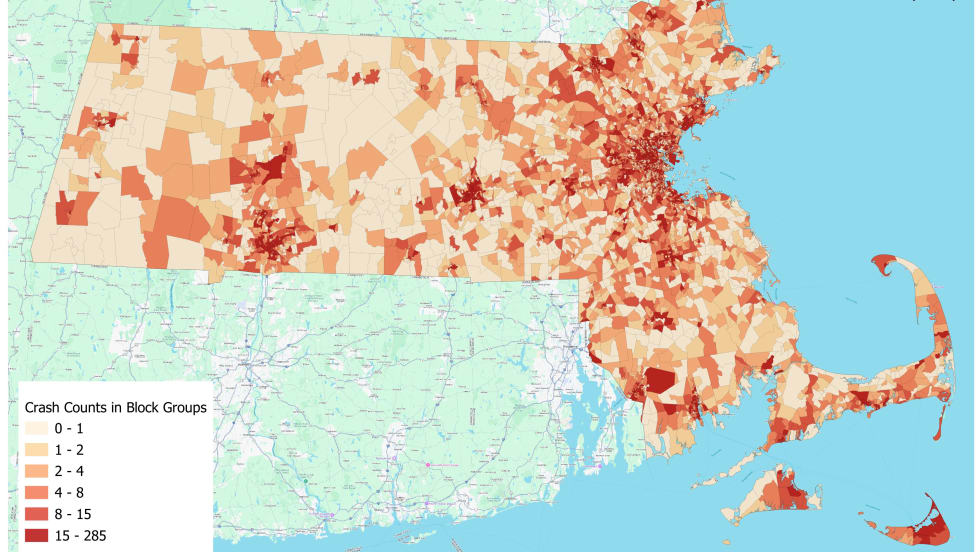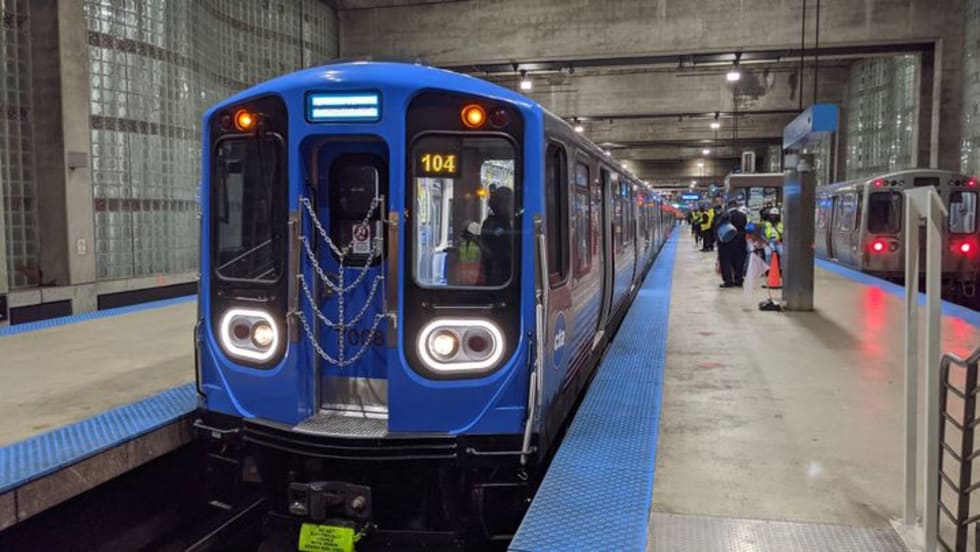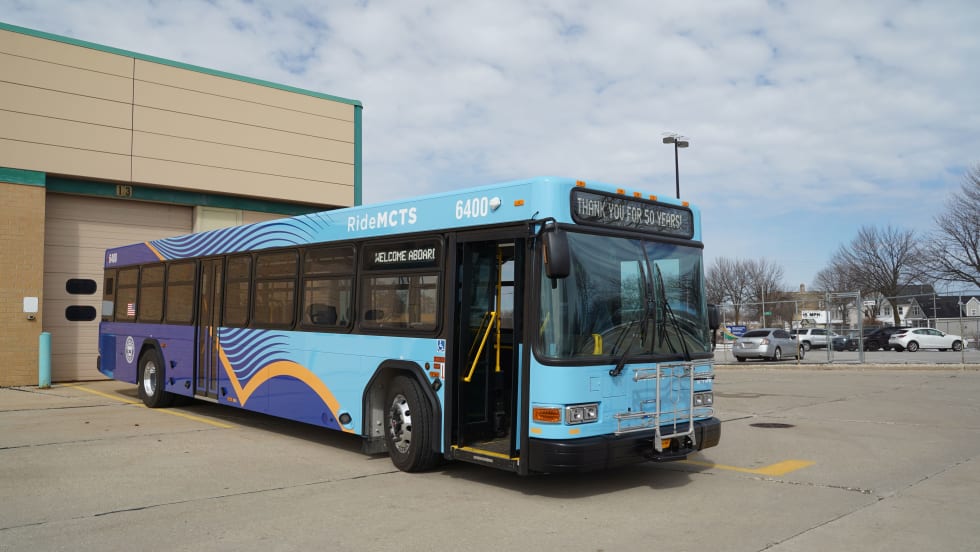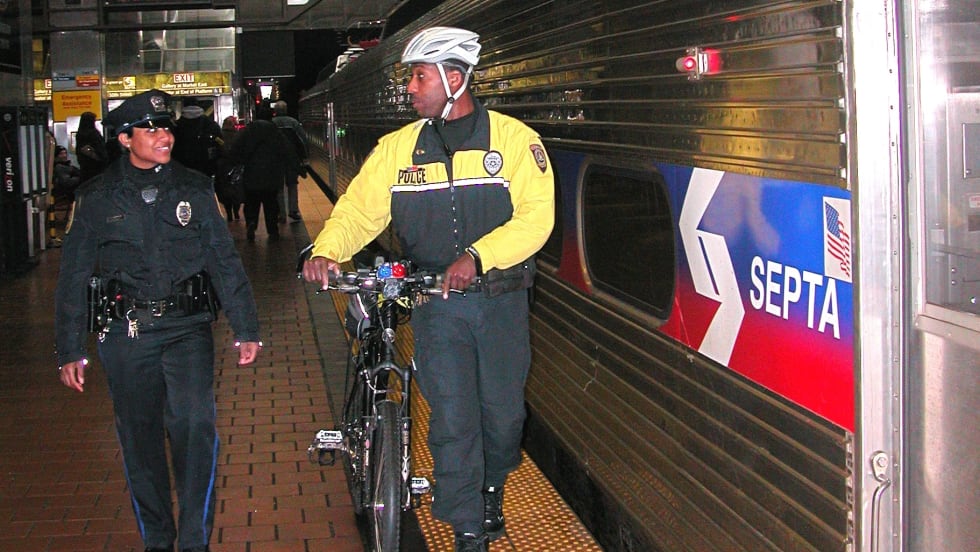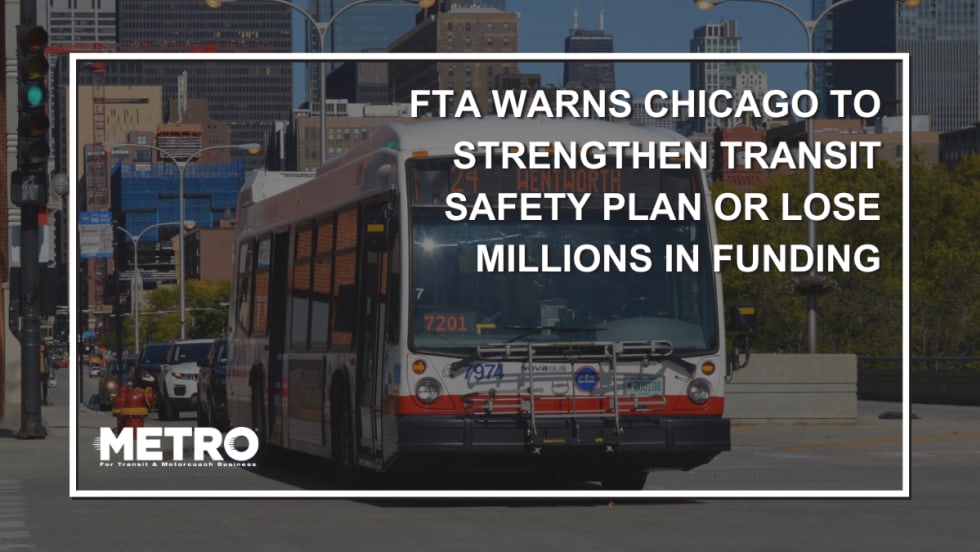The U.S. Department of Transportation’s Federal Transit Administration (FTA) announced it is proposing new safety requirements authorized under President Biden’s Bipartisan Infrastructure Law.
In a proposed update to the Public Transportation Agency Safety Plans (PTASP) rule, FTA will codify communication between frontline transit workers and management, according to the FTA's news release.
A Notice of Proposed Rulemaking (NPRM) was published today in the Federal Register for public comment.
Some requirements will only apply to transit agencies serving areas with a population of 200,000 or more that largely coincide with the biggest increases in reported transit worker assaults. According to reported data in the National Transit Database, there is a 121% increase in transit worker assaults.
Changes to the Rule
Required changes to the PTASP rule would include:
Establishing safety committees with equal numbers of frontline transit workers and management representatives to address concerns from workers and riders. The proposed rule provides new guidance on safety committee membership, procedures, and responsibilities.
Creating risk reduction programs to reduce accidents, injuries, and assaults on transit workers, and establishing annual targets based on measures FTA will establish in the National Public Transportation Safety Plan.
Risk reduction programs to be undertaken by transit agencies would include:
evaluating assaults on transit workers and vehicular/pedestrian safety risks and considering corrective strategies, such as installing bus driver shields or barriers.
deploying certain assault mitigation measures when a risk analysis performed by the safety committee determines such measures would reduce assaults on transit workers.
“No one should go to work or ride transit worried that they won’t come home safely, and FTA is committed to making that ideal a reality,” said FTA Administrator Nuria Fernandez. “This proposed rule prioritizes worker safety and gives transit workers a greater voice in protecting themselves during the workday. Updating this rule reflects the feedback FTA has received from the transit workforce across the country. Safer workers will mean a safer transit system and a safer ride for passengers.”
The PTASP rule requires certain federally supported public transportation systems to develop plans that include and implement the Safety Management System approach. The proposed rule also incorporates the statutory requirement that transit agencies serving small urbanized areas develop their agency safety plans in cooperation with frontline transit worker representatives.
All applicable transit agencies would also be required to incorporate de-escalation training for frontline workers into their comprehensive safety training programs.
For all applicable transit agencies, the changes would incorporate the Bipartisan Infrastructure Law requirement for agency safety plans to include strategies to minimize exposure to infectious diseases, consistent with guidance from the Centers for Disease Control and Prevention or a state health authority.
Finally, the NPRM requests feedback from the transit industry regarding experiences establishing confidential reporting methods for transit workers.
Congress directed FTA to establish a comprehensive Public Transportation Safety Program, including the requirement for Public Transportation Agency Safety Plans, in 2012. The PTASP rule became effective in 2019.





